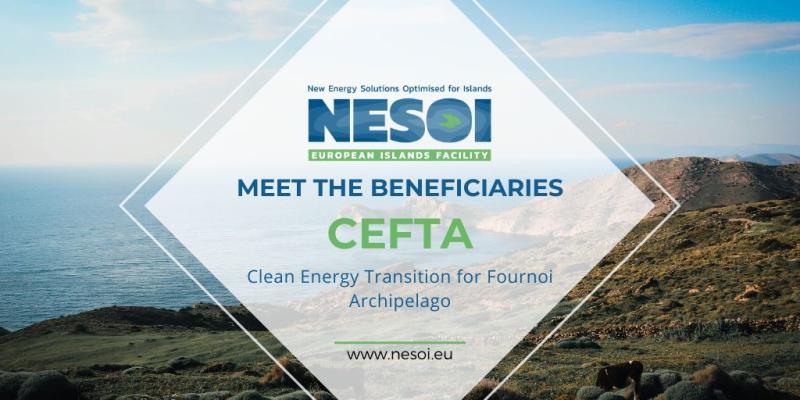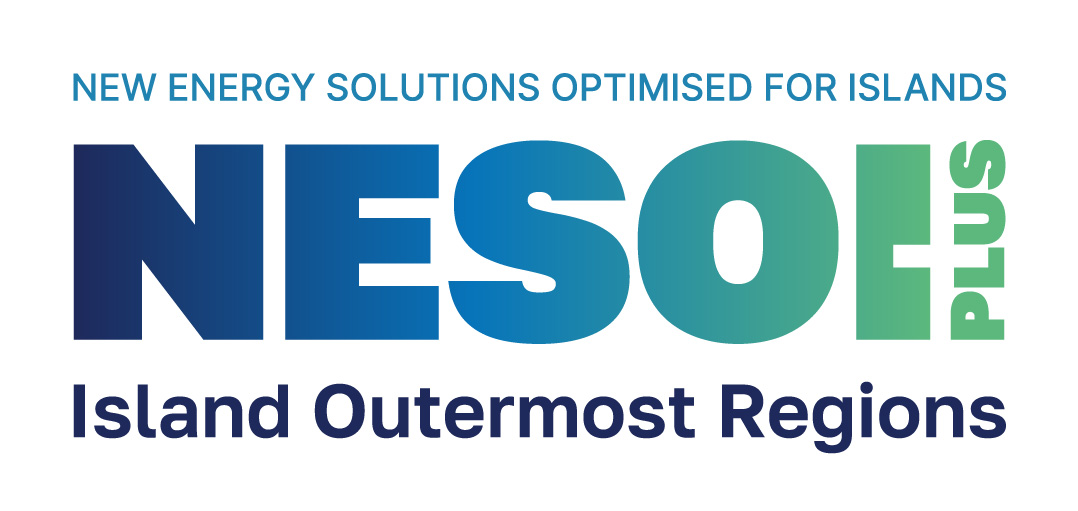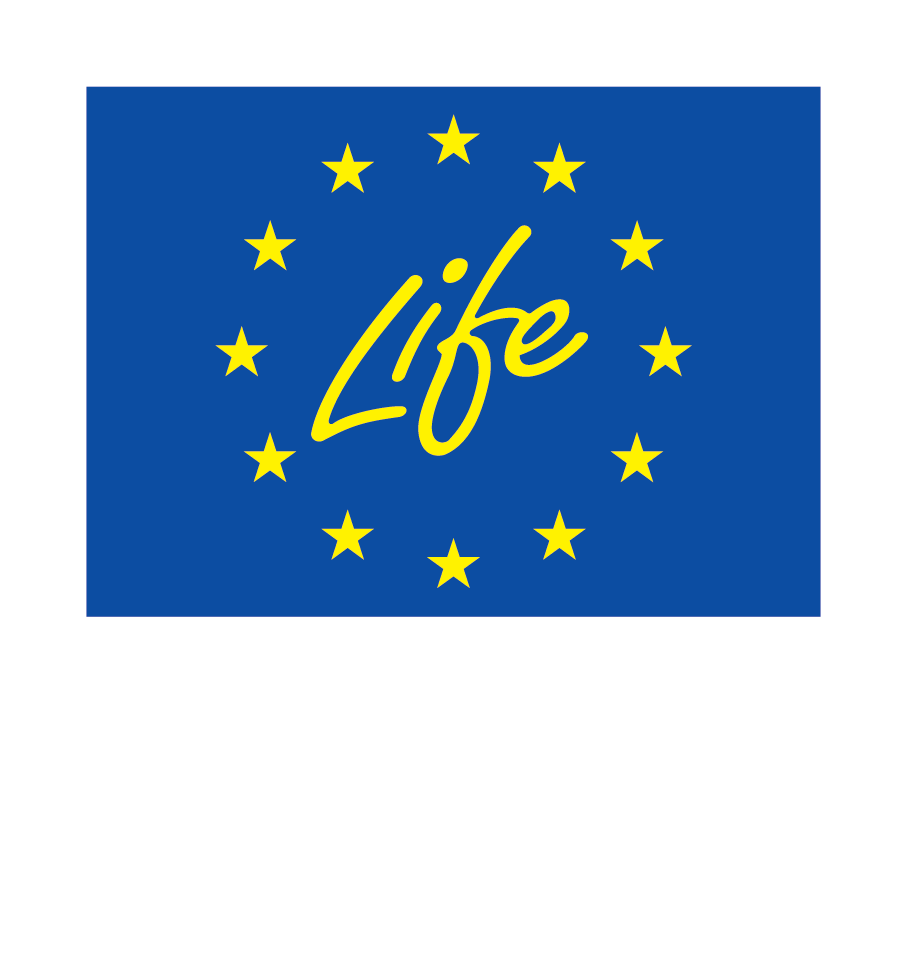Clean Energy Transition for Fournoi Archipelago (CEFTA) is a project supported by NESOI European Islands Facility, managed by our partners from CERTH, and promoted by the Municipality of Fournoi Korseon.
What is CEFTA?
The Municipality of Fournoi Korseon lies in the North Aegean and includes the Fournoi archipelago which consists of Fournoi, Thymaina, Agios Minas and some smaller uninhabited islands. The objective of CETFA is the development of a Clean Energy Transition Agenda (CETA), a document mandated by the Clean Energy for EU Islands (CE4EUI) initiative.
The Clean Energy Transition Plan for the Fournoi archipelago aims at the sustainable, fair and clean energy transition of the island Municipality. This initiative covers the current geographical, economic and demographic conditions of the island along with an analysis of the Fournoi energy system and a list of stakeholders. It also defines our vision for a decentralized, sustainable and independent energy system. The Plan includes eight pillars of the energy transition ranging from local community education to smart grid development and details the specific actions needed to achieve the goals set.
CETFA is examining the following technical solutions: heat pump systems (PV and batteries), municipal and residential building sector Interventions (rooftop PV, solar thermal, heat pumps, replacement of appliances and insulation, etc.), and land and sea electromobility and car-sharing solutions.
Both the CETA development procedures and the proposed solutions can be replicated in Greek interconnected islands. This is especially true for islands that are not planned to be interconnected to the mainland. One possible restriction is the available capacity for new RES plants. The implemented citizen engagement activities can be replicated everywhere in the EU.
CEFTA: The development of clean energy transition agenda
This CETA was developed jointly by the Municipality of Fournoi Korseon with the support of the Network of Sustainable Greek Islands (DAFNI) and the NESOI partners.
The CEFTA project pays special attention to citizen engagement and energy poverty mitigation. With the installation of solar PV panels, free electricity will be provided to up to 50 energy-deprived households, most of these households are already mapped out by the municipality.
Pillars of Energy Transition, includes the actions to be taken in order to meet Fournoi’s vision
- Information - training of the local community
- Energy saving and sustainable use of energy
- Heating and cooling
- Electricity generation
- Sustainable transport
- Waste and water management
- Transportation to and from the island
- Development of smart grids
The citizens see the clean energy transition as an opportunity to mitigate the challenges that the island is currently facing. For example, citizens often counter blackouts as a result of old grid infrastructure. RES in Fournoi will also help to decrease the dependency from the neighboring island Samos, from where the electricity is imported.
Expected environmental impacts
The vision of the CETFA project is aligned to the national target of 32.5% reduction of the energy consumption by 2030 compared to 2005 emissions (National Energy and Climate Plan, 2019). Through various measures proposed in the plan, the use of fossil fuels will be reduced by 2538 MWh/yr and the greenhouse gas emissions will reduce by 1689 tCO2eq/yr.
How does NESOI Support this project?
The European Islands Facility (NESOI) aims to unlock the potential of EU islands to become the locomotives of the European Energy Transition. To do so, NESOI aims to mobilize more than €100 Million of investment in sustainable energy projects to give EU islands the opportunity to implement energy technologies and innovative approaches, in a cost-competitive way.
More specifically, NESOI has provided the following support:
- Socio-economic, territorial and environmental analysis
- Definition of the energy balance of consumption and emissions of the Local Authority
- Analysis of the local RES potential and of local heating and cooling demand
- Climate change risk analysis and vulnerability assessment
- Analysis and mapping of regional, national and European planning tool
- Support in participatory processes and in the drafting of the CETA
- Action plan and monitoring system, mapping of the main financial instruments available
READ MORE INFORMATION IN THE DEDICATED PROJECT BROCHURE


